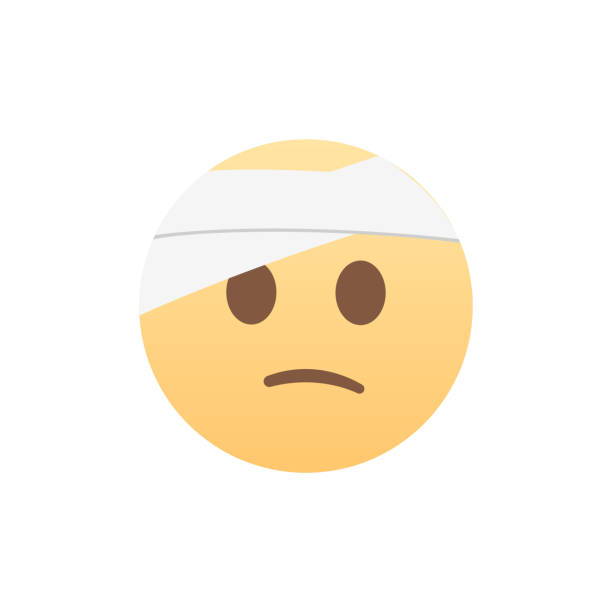Concussions are traumatic brain injuries (TBI) caused by rapid movement of the brain inside the skull. A concussion can be caused by any damage to the head, as with some contact sports, recreational activities, or simply playing too hard.
 Symptoms of Concussion
Symptoms of Concussion
- Confusion
- Issues concentrating
- Forgetfulness/memory loss
- Slow speech/movement
- Clumsy movement
- Mood/behavior changes
- Loss of consciousness
- Nausea/vomiting
- Headache
- Bothered by light/noise
- Issues with sleep
When communicating with your pediatric healthcare provider, it is vital to provide a detailed description of what caused your child’s concussion. Please take note of whether your child ever lost consciousness, if they had more than one injury to the head, and how long it took for symptoms to subside. Concussions can cause several symptoms, so providing detailed information can help your provider determine the injury’s severity.
Treatment
Head injuries can be treated by applying an ice pack to the head and resting peacefully. Keep an eye on symptoms and note anything you might need to share with your pediatric healthcare provider. One of the most common things you hear about concussions as a parent is that you should periodically wake them up as they sleep. This is not necessary as long as you’re monitoring their symptoms. Your child should recover completely within about four weeks of injury. If symptoms last longer than four weeks, please get in touch with your pediatric healthcare provider.
Concussion and Learning
The most important part of your child’s recovery is to rest. Take some time away from activities while they recuperate. Depending on the severity of your child’s medical history, your child may also need to take a few days away from school for symptoms.
They may be allowed to return to school before they return to their regular sport or recreational activity. However, please take special note that their symptoms may impact their learning. Children may be unable to think or concentrate as they usually do.
Your child may not necessarily be symptom-free by the time they return to school; however, their symptoms should be tolerable. Once they return to school, if they are still recovering, they should avoid all sports, PE, dance, yoga, recess, etc. Returning to activities too quickly could result in repeat injury. The AAP has developed guidance on returning to learning following a concussion.
Prevention
Wear a helmet!
If your child is engaging in an activity like horseback riding or skateboarding, they should wear a helmet. Helmets should fit your child’s head well without being too tight or loose. If a helmet is damaged, it must be replaced before being used again.
Practice Safety
Generally, teaching your child to play safely is a good thing. However, athletes may need additional training to learn techniques that support the head safety of themselves and their teammates. It’s a good rule of thumb always to avoid damaging the head.
Communication
Not only should your child be aware of the danger of head injuries, but they should feel comfortable coming to you or a coach whenever they have hit their head or have symptoms of a concussion. Head injuries should never be ignored.
When to take your kid to the ER
- One of your child’s pupils is larger than the other
- Your infant won’t stop crying and cannot be consoled
- Your infant will not nurse or eat
- Repeated nausea/vomiting
- Seizures
- Loss of consciousness
- Extreme drowsiness/won’t wake up
- Strange or unusual behavior
- Slurred speech
- Headache that worsens and doesn’t go away
- Extreme confusion (i.e., cannot recognize people/places)
For questions or comments, respond to this page or contact us!




